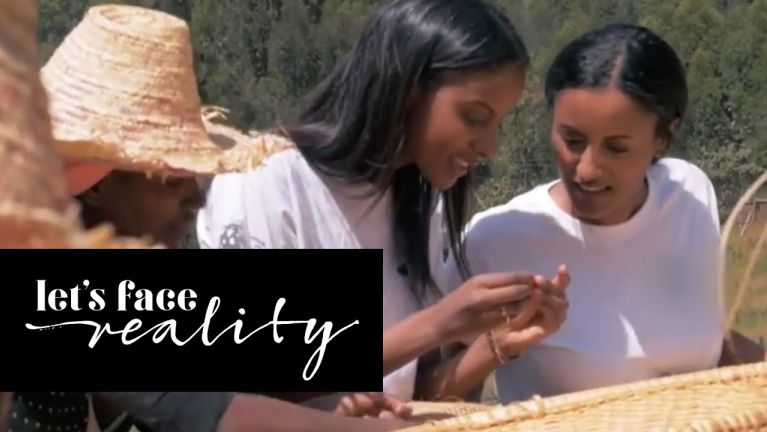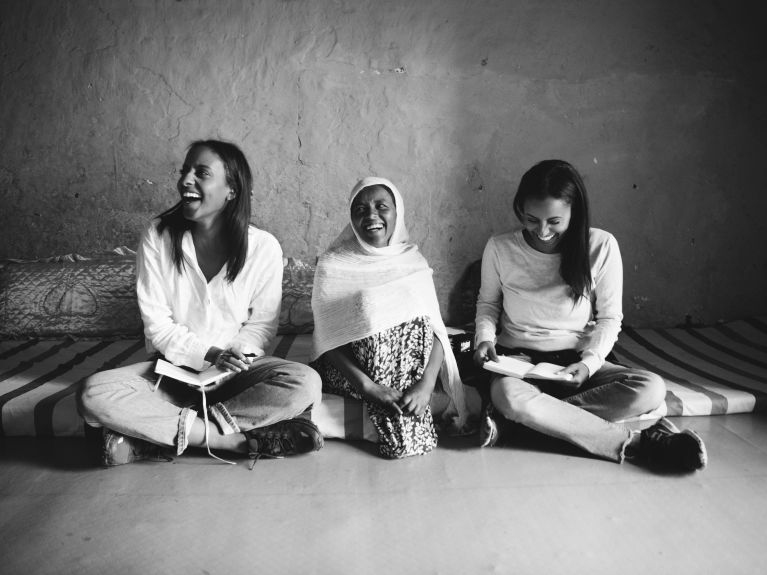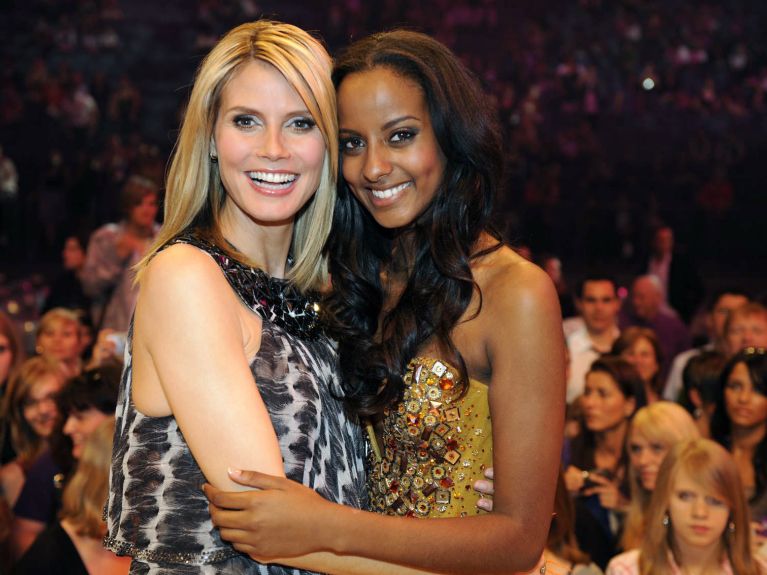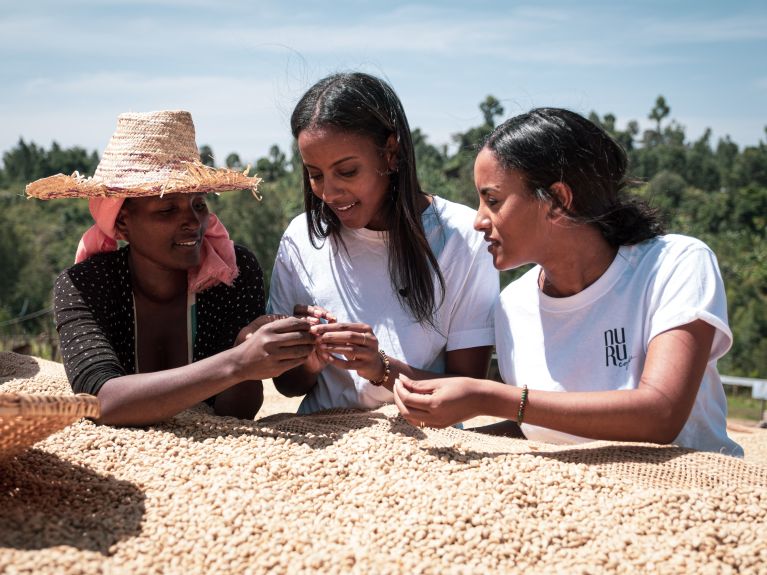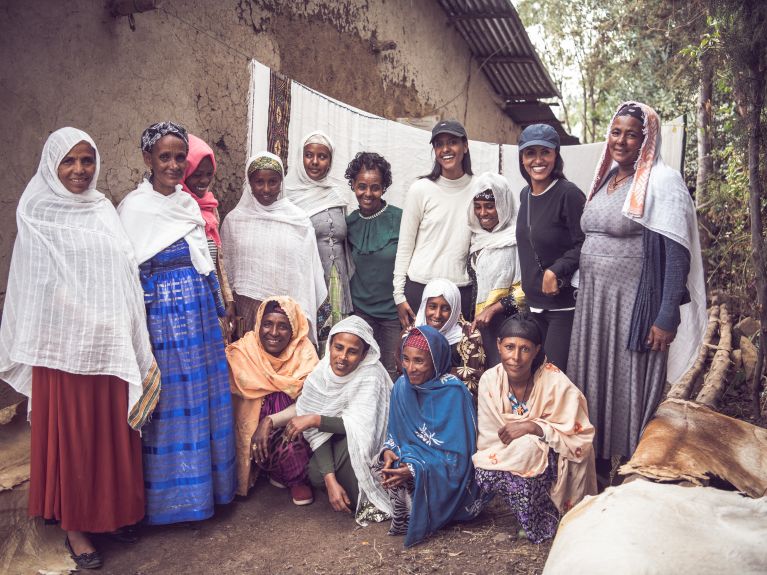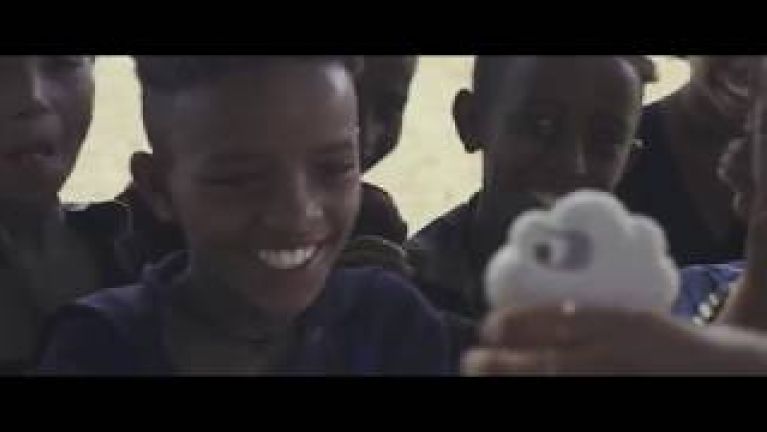Supporting women helps everyone
From “Germany’s Next Top Model” to social entrepreneur: Sara Nuru’s start-up is helping women in Ethiopia.
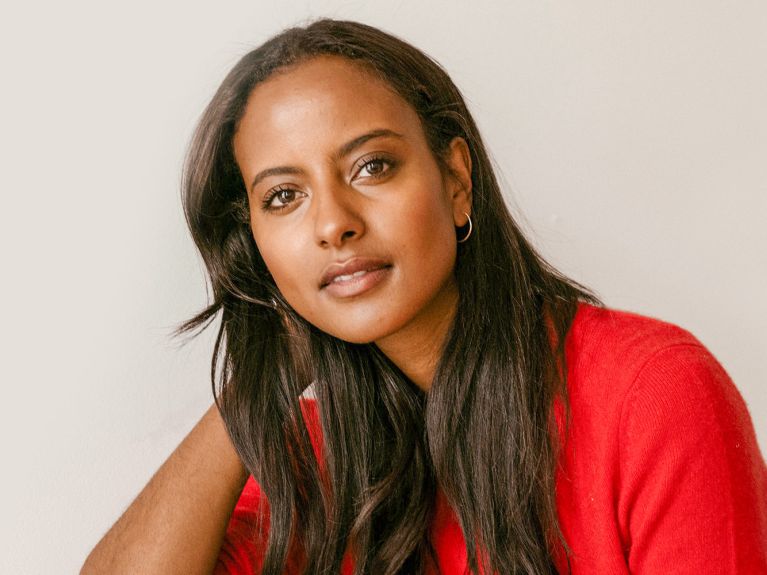
Eleven years ago, Sara Nuru won the casting show “Germany’s Next Top Model”. However, after a trip to Ethiopia she decided to swap her glamorous life on the world’s catwalks for a career as a social entrepreneur. Together with her sister Sali, she now imports fair trade coffee from Ethiopia. Her aim is to give Ethiopian women the chance to lead a self-determined and independent life with the aid of microcredits.
Ms Nuru, what is your connection with Ethiopia?
My parents come from Ethiopia. Sadly they had to flee the country in the 1980s to escape the war with Eritrea and the famines. My mother ended up in a village of 200 inhabitants in Bavaria. An old couple made their guesthouse there available to refugees and supported my mother. They taught her to ride a bicycle, helped her deal with administrative formalities, and tried to integrate her into the village community. All my mother had with her was clothing for her children and herself. Plus the basic essentials for the Ethiopian coffee ceremony – green beans, clay jugs and small coffee cups. She would prepare the coffee on an open fire in front of the house. At first, the locals were somewhat sceptical, but the aroma of fresh coffee soon made them curious. Coffee was what broke the ice.
In 2009, you won the TV competition “Germany’s Next Top Model”: catwalks, camera flashes, photo shootings – what made you reject that lifestyle?
At the time I was really living a crazy life. I was jetting around the world, was given expensive clothes and stayed in the most beautiful hotels. But then the NGO “Menschen für Menschen” contacted me to ask if I would support their work in Ethiopia. That aroused my interest immediately, but first I wanted to see the situation for myself.
Dieses YouTube-Video kann in einem neuen Tab abgespielt werden
YouTube öffnenThird party content
We use YouTube to embed content that may collect data about your activity. Please review the details and accept the service to see this content.
Open consent formWhat did you discover during that trip?
Suddenly I was confronted not only with unimaginable poverty, but also with my own privileged life for having been born in Germany because my parents were able to flee. I felt ashamed. Back on the aeroplane, heading for Manhattan, I couldn’t shake off this feeling, nor could I forget what I had seen. That’s when I realised that I needed to do something worthwhile in the future and that ideally it should be in Ethiopia.
These days you and your sister import coffee from Ethiopia. What do you hope to achieve with this project?
At the time, I was an ambassador for “Menschen für Menschen” and learnt that people are changing the way they donate money. It’s no longer enough to show them images that will bring tears to their eyes, as it was in the 1980s. That’s why we wanted to find an alternative to conventional donations, so we came up with the idea to launch a social enterprise. We want to help people by doing business.
Is your mother’s story the reason why you decided on coffee?
It was one of the reasons, yes. Ethiopia is considered the country of origin of coffee, and coffee is the country’s biggest export. I know of no other country that celebrates coffee the way Ethiopia does. The traditional coffee ceremony is of enormous importance, especially for the women who perform it. However, my sister and I also have a deep personal connection to coffee – the sense of togetherness and of taking life a bit more slowly. This is something we want to convey with our sustainable, fair-trade coffee.
Through your product, you support women in particular. Why is that the case?
It is primarily women who are involved in coffee production; they pick and wash the coffee cherries and remove the skins. But when it comes to negotiating the prices, there is never any woman at the table. Women also earn the least. Studies have shown that women in developing countries do not spend their money on themselves, but on their entire family. In other words, supporting women helps the entire community.
With the money you make from your business, you fund microcredits for women in Ethiopia. What is the idea behind this?
By selling coffee, we wanted also to help women who have no access to the coffee industry and do not work for us. We do this by providing them with seed funding for their own business in the form of a microcredit. Women register with us and receive between 100 and 300 euros. They can spend the money on whatever they want, but they have to pay the money back – with a little interest on top – within two years. And this is how new microcredits are generated.
That should always be the goal – to help people to help themselves.
Do you have the impression that these relatively small loans have a lasting impact and improve the lives of women?
I have experienced all kinds of different stories. One woman for example used her loan to buy a pool table because lots of people in her area loved to play pool. She charged money for each game, and essentially opened up a small bar. Another woman worked as a circumciser when she was a teenager and was abused by her husband. She used her loan to buy a goat, fattened it up, sold it at a profit and then bought two goats with the money she had made. She is now separated from her husband and lives in another village; she works for one of our associations and is responsible for issuing loans.
Do you believe that it makes best sense for development cooperation approaches to involve those concerned as much as possible?
Yes, it is the people concerned who know best what they need and what kind of business will work in their particular region. Our funds are essentially self-generating, meaning that the concept would still work long-term in the region even if nuruCoffee no longer existed. That should always be the goal – to help people to help themselves. We must talk to local people and listen to them – and, most importantly, sooner or later we need to leave again.
Dieses YouTube-Video kann in einem neuen Tab abgespielt werden
YouTube öffnenThird party content
We use YouTube to embed content that may collect data about your activity. Please review the details and accept the service to see this content.
Open consent form